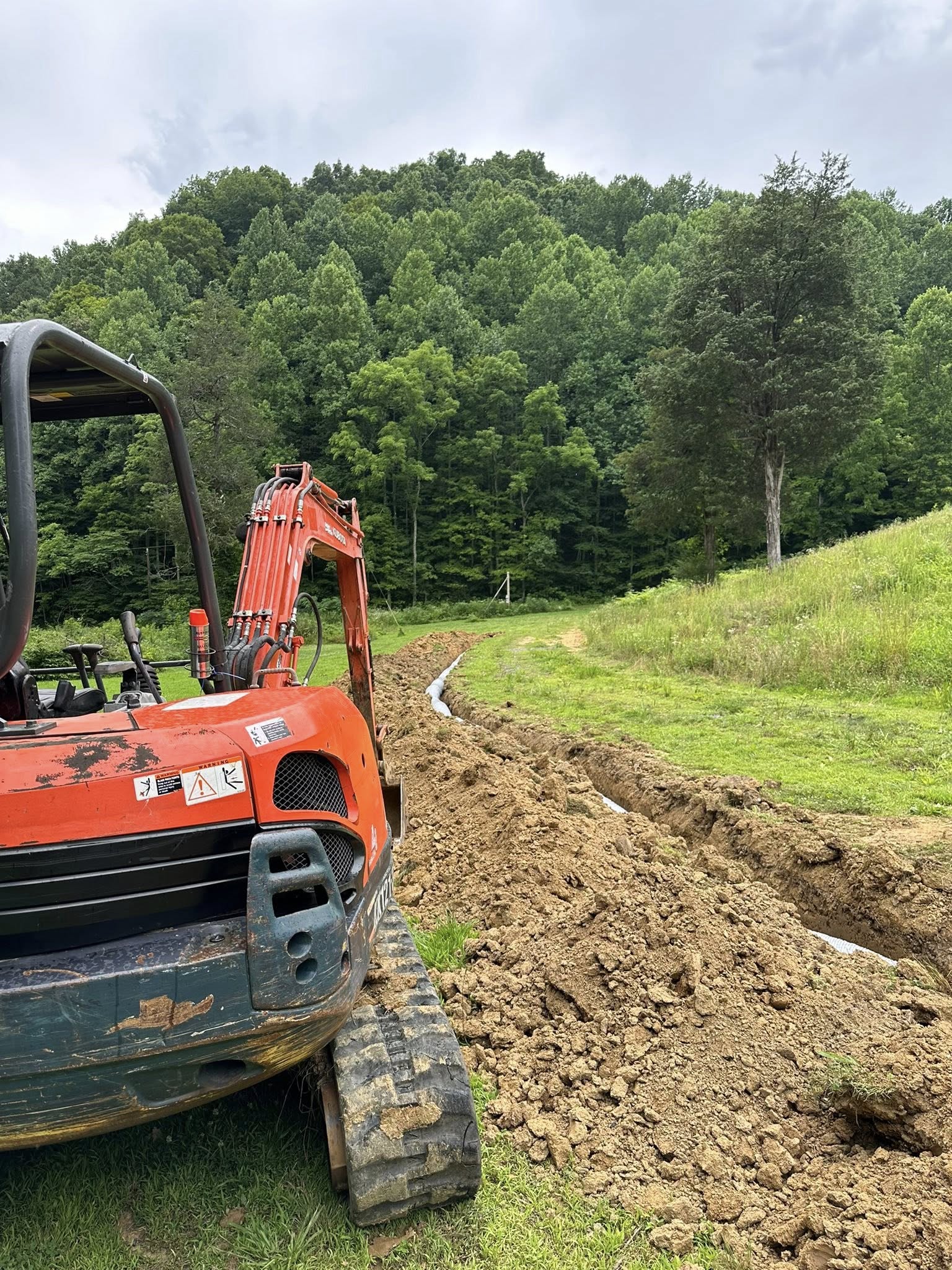
Maximizing Productivity: The Role of Drones in Modern Excavation Oct 17, 2025
Drones, or unmanned aerial vehicles (UAVs), have rapidly transformed the landscape of various industries, and excavation is no exception. These high-tech devices are not merely flying cameras, but versatile tools that offer a multitude of benefits. The integration of drones into excavation work enhances precision, safety, and speed—three critical aspects of any successful excavation project.
First and foremost, drones have revolutionized site surveys. Traditional methods of surveying large areas can be time-consuming and labor-intensive, often requiring significant manpower. Drones, equipped with advanced sensors and cameras, can capture detailed aerial images and topographical data in a fraction of the time. This rapid survey capability allows excavation teams to quickly and accurately map out project sites, identify potential hazards, and plan their operations more efficiently.
Furthermore, drones provide real-time monitoring capabilities that can greatly improve communication and decision-making throughout a project. With live-feed videos and up-to-date aerial photos, team members can monitor site progress remotely, ensuring everyone is on the same page. This ability to oversee operations from a distance minimizes the need for frequent on-site visits, saving valuable time and resources. It also allows for rapid adjustments to plans as needed, ensuring that projects run smoothly and adhere to timelines.
Safety is another critical area where drones are making a significant impact. On-site accidents can range from costly to catastrophic. By employing drones, companies like Excavation Innovations can conduct inspections of dangerous or hard-to-reach areas without putting human workers at risk. Drones can assess unstable structures, inspect equipment, and identify environmental hazards, all while reducing the likelihood of accidents and enhancing the overall safety of the excavation site.
In addition to safety and efficiency, drones offer substantial cost savings. The initial investment in drone technology may seem steep, but the return on investment is quickly realized through reduced labor costs, minimized project delays, and enhanced project outcomes. Drones can work continuously, provide precision data, and streamline many of the surveying and monitoring processes—all of which contribute to significant financial savings in the long run.
As technology continues to evolve, the role of drones in excavation is expected to expand further. From integrating artificial intelligence for smarter data analysis to using drones for 3D modeling and mapping, the possibilities are nearly endless. Embracing this technology allows companies like Excavation Innovations to not only meet current demands but also to anticipate future challenges in the excavation industry.
In conclusion, drones are playing a pivotal role in modernizing excavation practices by maximizing productivity and improving safety. By adopting drone technology, Excavation Innovations and similar companies can enhance site management, reduce costs, and ensure timely project delivery. In a sector where efficiency is key, drones represent a powerful tool for innovation and success in excavation projects. As drone technology advances, its role in excavation will continue to grow, solidifying its status as an indispensable asset for the industry.
/filters:no_upscale()/media/14f0206d-8400-418b-9440-502974c65edd.jpeg)
/filters:no_upscale()/filters:format(webp)/media/7dc9553e-bef3-4839-b58c-c612218e67ef.jpeg)